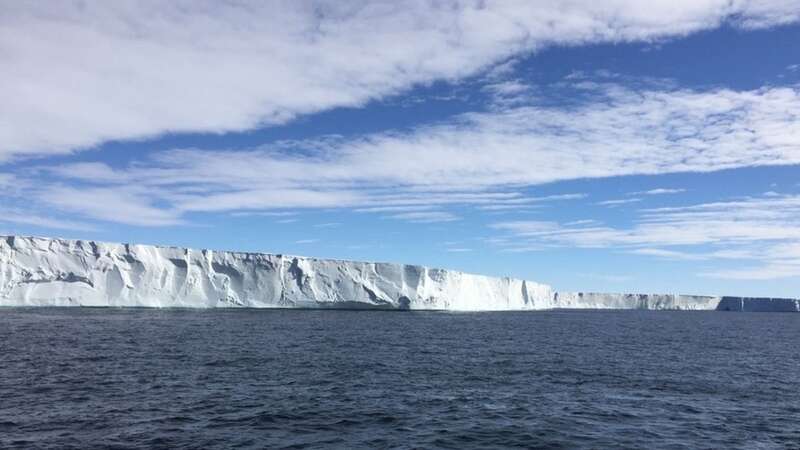
Ocean currents are playing a large part in collapsing Antarctic ice shelves, a new study has revealed.
Meandering currents and the ocean floor cause a welling up of warm water to shallower depths, destabilising and melting the ice sheets. The phenomenon is causing rising sea levels, especially in the Amundsen Sea of West Antarctica. An international team of researchers from the Korea Polar Research Institute, Hokkaido University, and Seoul National University used advanced ocean modelling techniques to investigate the underlying forces behind the rapid melting ice shelves.
Their findings, published in the journal Nature Communications, debunk previous theories linking ice shelf melting primarily to winds over the Southern Ocean. Lead researcher Assistant Professor Yoshihiro Nakayama, of Hokkaido University said: "Our findings challenge conventional wisdom. Our study underscores that the interplay between meandering ocean currents and the ocean floor generates upwelling velocity, bringing warm water to shallower depths.
"Subsequently, this warm water reaches the ice-ocean interface, accelerating ice shelf melting. This internal oceanic process driving ice shelf melting introduces a novel concept. With this in mind, we have to revaluate winds driving Antarctic ice loss, which can significantly impact future projections."
The Pine Island and Thwaites ice shelves are among the fastest-changing in Antarctica and are of particular interest due to their vulnerability to warming ocean waters. They act as massive barriers restraining the glaciers behind them from flowing into the ocean. However, their rapid melting, especially bad during El Nino events, and potential collapse pose a significant threat to coastal communities worldwide because of the resulting rise in global sea levels.
 Queen honoured in London New Year's fireworks before turning into King Charles
Queen honoured in London New Year's fireworks before turning into King Charles
Co author Dr Taewook Park of the Korea Polar Research Institute said: "The intensity and trajectory of ocean currents encircling the ice shelves directly govern the influx of warm water, thereby intricately shaping their rate of melting."